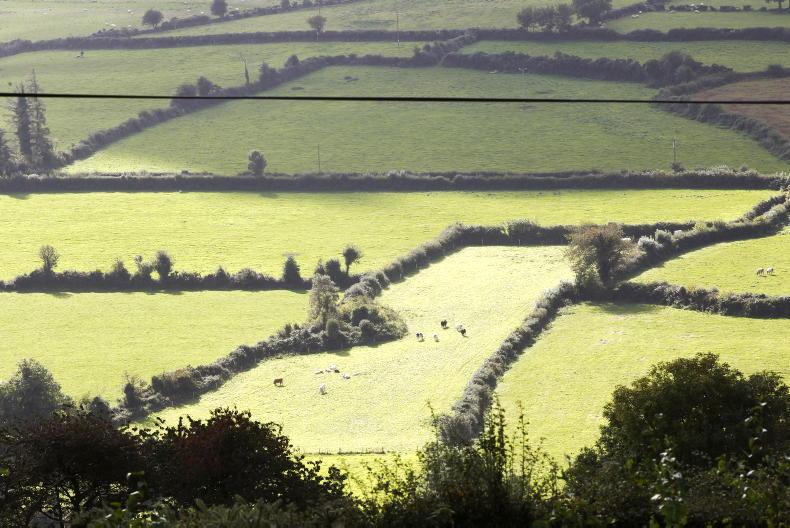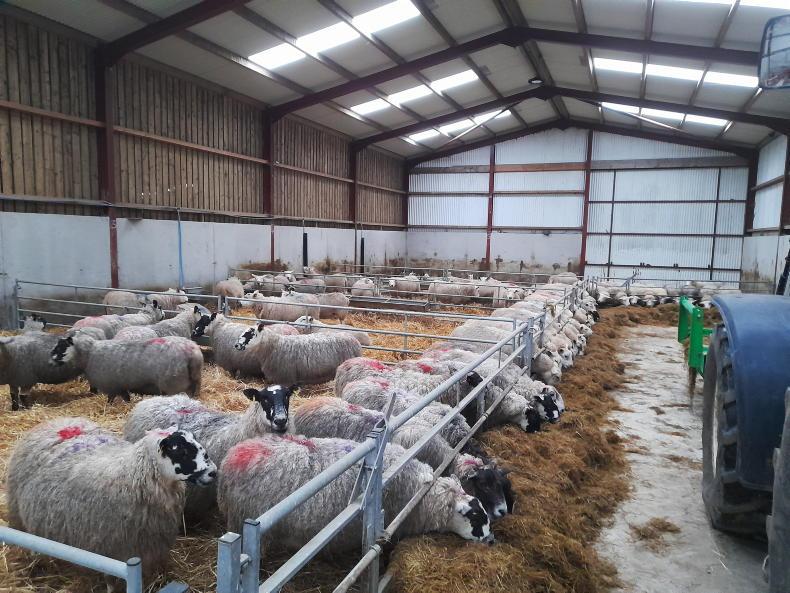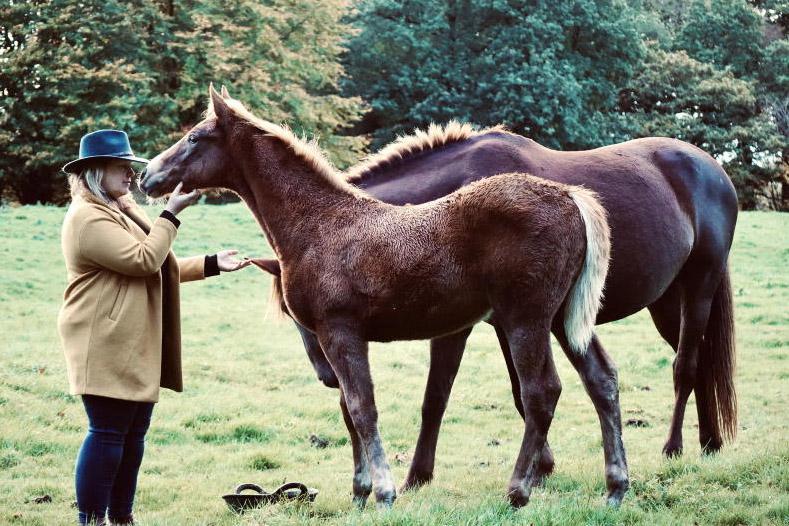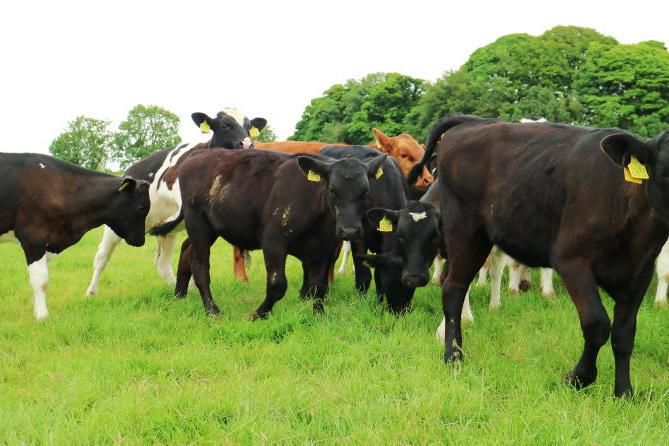Some 43% of farmers who took part in a survey under the Safe Farm EIP project said they don’t have a hobby that makes them leave the farm at least once a week, a farmer health and wellbeing seminar in Teagasc Ashtown heard this week.
Another 48% of farmers said they always or regularly feel that they don’t have enough time and are constantly chasing their tails.
Fourteen percent of the farmers surveyed felt they had no one to confide in.
A total of 647 farmers took part in the survey, which was part of the Safe Farm EIP project, assistant professor in Behavioural Science in Agriculture at UCD, Sinéad Flannery, said.
Professor David Rose from University of Reading, England, told the event that he had carried out research in farmer wellbeing and rural resilience through and beyond the COVID-19 pandemic.
“What we found was there were a series of underlying drivers before the pandemic that stressed farmers.”
COVID-19 ... prevented farmers from being able to meet up with one another to access informal sources of support
These, he said, included “paperwork, uncertainty around new policies such as the post-Brexit transition, financial disruption, weather and climate change, online and media criticism of farmers, animal and crop disease outbreaks, succession problems and family relationship breakdowns.
“COVID-19 came along and exacerbated many of those, because it prevented farmers from being able to meet up with one another to access informal sources of support,” Rose said.
As a result, he said, their problems were not shared as much.
He also said that equipping people who come in contact with farmers on a daily basis is something that is being looked at in order to widen the safety net for farmers.
“There’s those people who provide either physical or mental health support, like GPs, counsellors and mental health charities.
“But there’s a whole set of other people who come into contact with farmers more regularly – advisers, the person who drives the lorry to collect the milk, etc,” he said.
He said that it would be a good thing to try and help these people spot signs of distress in farmers through providing them with basic mental health first-aid training.










SHARING OPTIONS